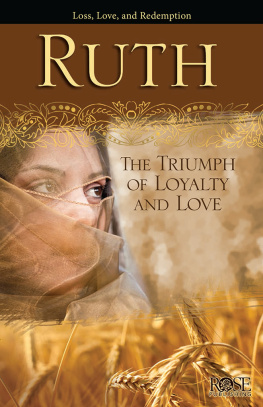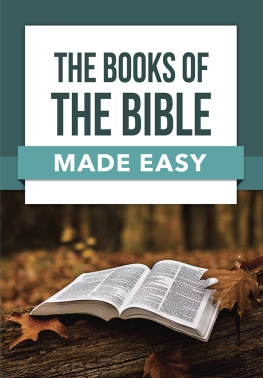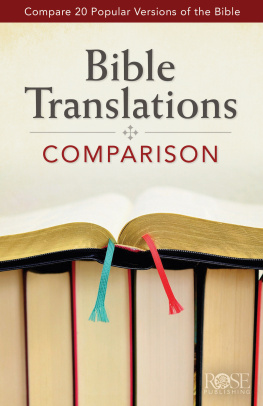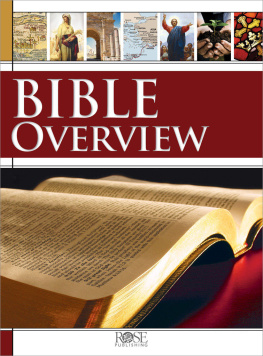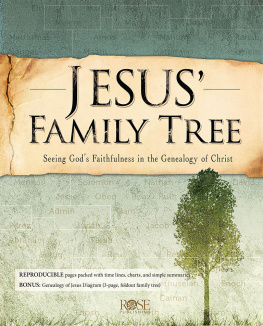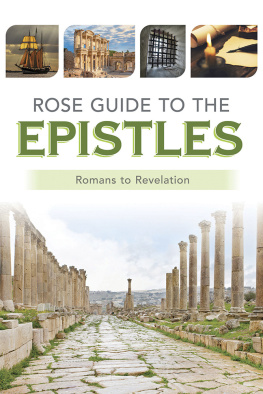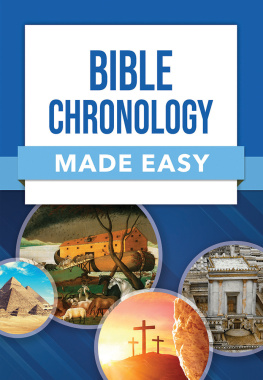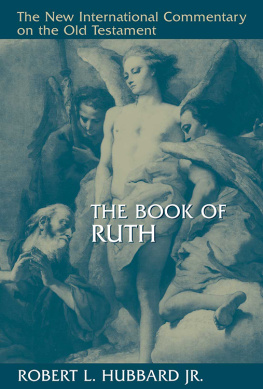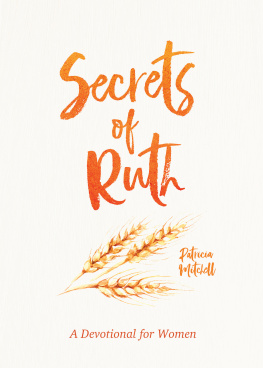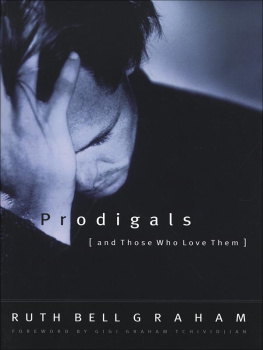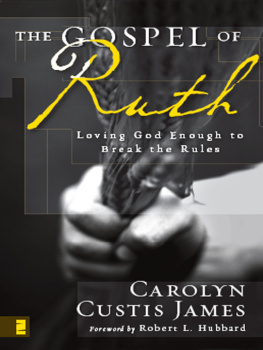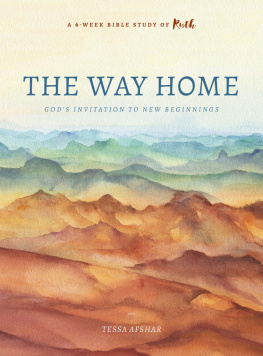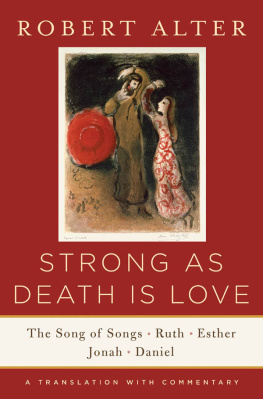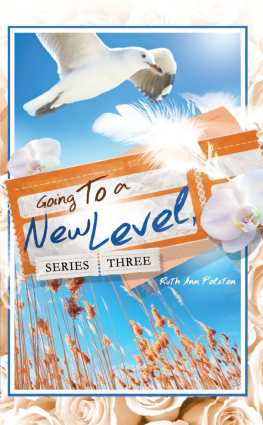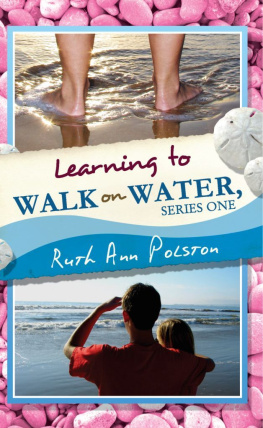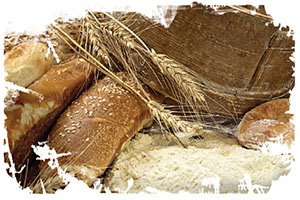The printed version of this eBook is the Ruth pamphlet, ISBN-13: 9781596365315
Author: Benjamin Galan, MTS, ThM, Adjunct Professor of OT Hebrew and Literature at Fuller Seminary.
All Scripture quotations, unless otherwise indicated, are taken from the Holy Bible, New International Version. Copyright 1973, 1978, 1984, 2011 by Biblica, Inc. Used by permission of Zondervan. All rights reserved worldwide.
It is illegal to photocopy, transmit electronically, post on the internet, or reproduce this pamphlet in whole or in part in any form.
Last Updated: June 2018
2013 Bristol Works, Inc.
Rose Publishing, LLC
PO Box 3473
Peabody, Massachusetts 01961-3473 U.S.A.
Email: info@hendricksonrose.com
www.hendricksonrose.com
All rights reserved.
Build: 2021-12-03 10:59:27 EPUB 2.0
From Tragedy to Triumph
Life can throw us unexpected and painful surprises. For many of us, or for people we love, life can change in a single moment: a tragic car accident, an ill-timed jump into a pool, a catastrophic tornado or hurricane, or a broken relationship that drags us and others through horrible and sad experiences. Even worse, one terrible event might bring about another. As the saying goes, when it rains, it pours. When events overturn our lives, we can get lost in grief and hurt. We might even experience a loss of identity and lose sight of those things that make us who we are. It is a time of disorientation.
The Old Testament story of Ruth and Naomi explores the problems of loss and identity. The answers the book offers contain much wisdom for our lives today. The book of Ruth is a love story. It is a love story between Ruth and Boaz, and one that illustrates the love between God and his people. It is a story that portrays God and his unfailing love and ceaseless loyalty.
In capable hands, stories are powerful tools. They appeal to both our emotions and our intellect. In the story of Ruth we encounter loss and suffering, disappointment and disorientation, uncertainty and bitterness. But we also find good news; we find love, commitment, perseverance, hope, and Gods powerful and tender hand throughout. It is a story about transformation, about God turning our wailing into dancing (Ps. 30:11).
Scene 1:
A Tragic Story in a Foreign Land
(Ruth 1:122)
Whats In a Name? In the days when the judges ruled... marks the setting for the story (Ruth 1:1). It sends the readers back to a time when Israel had no king; everyone did as they saw fit (Judg. 21:25). Israels social and spiritual life was a mess. The time of the judges was known for its cycle of disobedience, repentance, Gods intervention, gratitude, and back to disobedience. Although the text does not say that the famine was a punishment from God, the mention of the days of the judges makes this connection possible.
Whatever the case, we find a man from Bethlehemthe name Bethlehem means house of breadleaving town and heading to the foreign land of Moab because of the famine. Already we know that things are not the way they are supposed to be. The house of bread is running out of bread. The Hebrew word for bread and food is the same.
The names of the man and his family increase the likelihood that we are in for a surprising story. The mans name, Elimelek , most likely means my God is king. In those times, one of the main functions of a king was to provide security and food for his people. A good king made sure his people did not suffer hunger. Moreover, the names of Elimeleks sons suggest that the story will take a tragic turn. Mahlon means something equivalent to sickly and Kilion to weakly. With those names, we suspect that they wont be in the story for too long. Elimeleks wifes name seems to be the only good news; Naomi means pleasant. But in a story that promises surprises, we can anticipate a great surprise for Naomi as well.
Death and the Aftermath In three short verses, we read that Elimelek died and, after ten years, so did Mahlon and Kilion. And Naomi was left without her two sons and her husband (Ruth 1:5). Before moving on, however, lets pause to fully appreciate the full effect of those few words.
In the cultural world during the times of the Old Testament, women were valued only by their connection to a man. Unmarried women derived their value from their fathers and married women from their husbands. Their security and safety depended on the husbands ability to provide for them. When a married woman lost her husband, as Naomi did, her value declined steeply, and her safety and security depended on her sons. When Naomi lost her sons as well, she became destitute. Now she was on a social level below servants. Making matters worse, she was a foreigner in a kingdom other than her own, one of the lowliest of the low.
The turn of fortunes for Naomi is total and paralyzing. Her life is overturned. It reminds us of another biblical character whose life was overturned: Job. However, Naomi was a woman; her life is even worse off than Jobs because she has no one to turn to for help. The L ORD s hand has turned against me! (Ruth 1:13).
A Question of Loyalty Naomi is not the only one in this position. Naomis daughters-in-law, Ruth and Orpah, are in a similar predicament. They are also widows. Although the text never states it, Ruth and Orpah do not or cannot have childrenten years of marriage to Naomis sons did not produce children for either woman. By cultural tradition, both women were attached to Naomi, their mother-in-law, to share her fate. Naomi, however, graciously releases them from their cultural duty and encourages them to go back to their mothers, to at least have the possibility of a future. After some argument, Orpah decides to go back. Ruth, however, decides to stay with her mother-in-law. It is a courageous decision, and one that comes from a deep love, commitment, and loyalty to Naomi. Naomi calls this love hesed (kindness; Ruth 1:8), a Hebrew word that is more often used to describe Gods love, commitment, and loyalty toward Israel.
Ruth leaves her home, her identity, and her possibility of a favorable future, and joins Naomi in what could only be a future filled with more suffering. Yet, her actions are just what Naomi needs. Naomi leaves Moab, and when she is back in Bethlehem she says, I went away full, but the L ORD has brought me back empty. Why call me Naomi? The L ORD has afflicted me; the Almighty has brought misfortune upon me (1:21). Naomi changes her name; she is now Mara, which means bitter (1:20).
Dont urge me to leave you or to turn back from you. Where you go I will go, and where you stay I will stay. Your people will be my people and your God my God. Where you die I will die, and there I will be buried. May the L ORD deal with me, be it ever so severely, if even death separates you and me. Ruth 1:1617
The Life of Destitution Returning to Bethlehem must have been a very difficult decision for Naomi to make. All that she was had died in Moab. But she heard that the L ORD had come to the aid of his people by providing food for them in Bethlehem (Ruth 1:6). Naomi understood that life for her back in her village of Bethlehem would be better. God commanded the Israelites to protect the weakest people in the community: Do not deprive the foreigner or the fatherless of justice, or take the cloak of the widow as a pledge. Remember that you were slaves in Egypt and the L ORD your God redeemed you from there. That is why I command you to do this (Deut. 24:1718; also Ex. 22:22). The second chapter of Ruth opens with a hopeful reminder: Naomi had a relative on her husbands side, a man of standing... whose name was Boaz (2:1).
Next page
